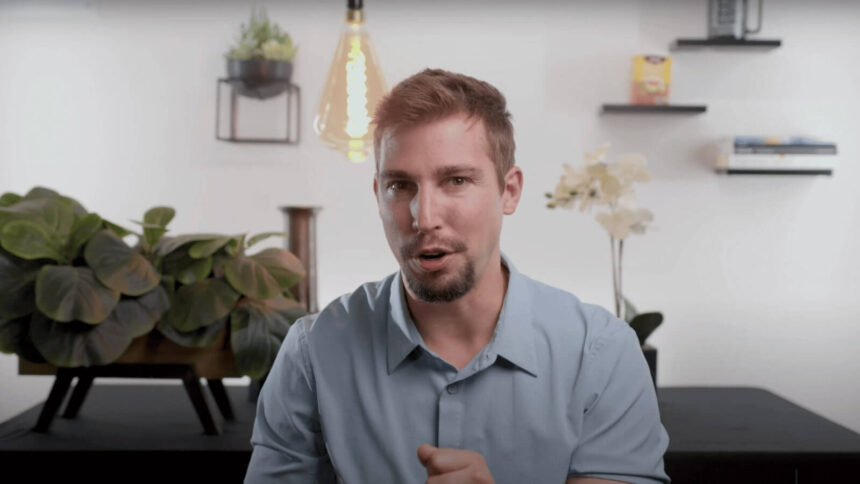Relating to habit therapy, there are a lot of myths and misconceptions that may hinder restoration. It is vital to separate reality from fiction to make sure you or your beloved receives the perfect care doable.
Listed below are a number of frequent myths about habit remedies and the truths that debunk them.
1. Delusion: Habit is a selection.
Reality: Habit is just not a selection. It is a advanced illness that impacts the mind. Whereas the preliminary resolution to make use of substances could also be voluntary, repeated use can alter mind chemistry and result in habit. Understanding this may help cut back stigma and encourage individuals to hunt assist.
2. Delusion: It’s important to hit all-time low earlier than searching for therapy.
Reality: You do not have to hit all-time low to hunt assist. Early intervention can stop the devastating results of habit. The earlier you begin habit therapy, the higher your probabilities for a profitable restoration. It is by no means too early to succeed in out for assist.
3. Delusion: Willpower alone is sufficient to overcome habit.
Reality: Willpower is just not sufficient to beat habit. Habit is a persistent illness that always requires skilled therapy. Remedy, treatment, and assist teams play essential roles within the restoration course of. Relying solely on willpower can result in frustration and relapse.
4. Delusion: Habit therapy is a one-size-fits-all.
Reality: Habit therapy is just not one-size-fits-all. Every particular person’s journey is exclusive, and therapy ought to be tailor-made to their particular wants. Efficient therapy plans are customized and will embody a mix of remedy, treatment, and way of life adjustments.
5. Delusion: Rehab is just for celebrities and the rich.
Reality: Rehab isn’t just for celebrities and the rich. There are numerous therapy choices accessible that cater to totally different monetary conditions. Many insurance coverage cowl habit therapy, and there are additionally low-cost or free applications accessible. Monetary considerations mustn’t stop anybody from searching for assist.
6. Delusion: You’ll be able to’t pressure somebody into therapy.
Reality: In some instances, intervention by family members can encourage somebody to hunt assist. Whereas it is true that it’s essential to finally select to decide to restoration, household and buddies can play a vital position in encouraging therapy. Involuntary therapy can be efficient and is typically vital.
7. Delusion: Relapse means failure.
Reality: Relapse doesn’t imply failure. It is a frequent a part of the restoration course of. Many individuals expertise setbacks earlier than reaching long-term sobriety. What issues is the way you reply to a relapse. Looking for assist and persevering with therapy are key to overcoming it.
8. Delusion: Habit therapy is simply about stopping drug or alcohol use.
Reality: Habit therapy addresses extra than simply stopping substance use. It additionally focuses on enhancing general well being and well-being. Remedy consists of remedy to deal with underlying points, growing coping methods, and constructing a supportive community. It is a holistic strategy to restoration.
9. Delusion: Remedy ought to be accomplished inside a set timeframe.
Reality: There is no such thing as a set timeframe for habit therapy. Restoration is a lifelong course of, and the length of therapy varies. Some might have short-term therapy, whereas others might require long-term assist. The main target ought to be on reaching and sustaining sobriety, whatever the timeframe.
10. Delusion: Habit therapy cures habit.
Reality: There is no such thing as a remedy for habit, however it may be managed efficiently. Like different persistent ailments, habit requires ongoing care and upkeep. Remedy helps you handle your habit and reside fulfilling lives.
Restoration is a steady journey that entails making wholesome decisions and searching for assist when wanted.
By debunking these myths, we are able to higher assist these on their path to restoration and create a extra understanding and compassionate strategy to habit therapy.










